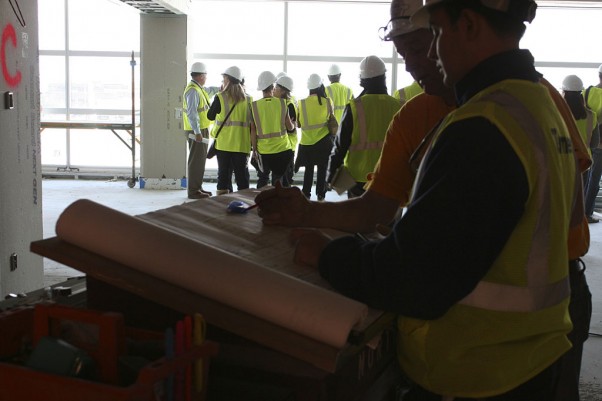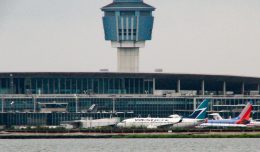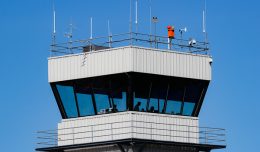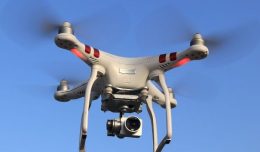When the federal government enacted its sequestration plan, it hit the Federal Aviation Administration in several ways; The closing of many contracted control towers, as well as the furloughing of air traffic controllers. When the controllers began to be furloughed, the national air space devolved into chaos. Flight delays topping four hours in the Northeast, diversions due to air space constrictions, and cascading delays nationwide.
The delays lasted for approximately one week, before Congress sprang into action, and in a rare event, actually agreed to fix something. Last Friday, the House of Representatives approved H.R. 1765, otherwise known as the “Reducing Flight Delays Act of 2013,” by a 361-41 vote. This act, put simply, would fix post-sequestration air travel. But where did the money to end the controller furloughs and tower shut downs suddenly come from, and will it have an impact elsewhere?
H.R. 1765, sponsored by Rep. Tom Latham of Iowa, “allows the Secretary of Transportation to transfer $253 million from the FAA’s Airport Improvement Program account to the FAA’s Operations account.” Great, more money for operations, case closed! Not quite. What exactly is the Airport Improvement Program?
The program was established under the Airport and Airway Improvement Act of 1982, and provides grants to public agencies for the planning and development of public-use airports. Typical grants under this program cover 75% of the costs of improvements at airports, and in some cases up to 90-95% of costs. Typical projects covered by this program range from runway construction, removing hazards, safety area improvements, and airfield lighting. These are all major projects directly related to the safety of air travel.
H.R. 1765 will be removing $253 million from this program, money that would otherwise enable airports to make major improvements. In 2012, JFK Airport in New York received $8,500,000, which helped pay for improvements such as the extension of several taxiways. Over at LaGuardia, a total of $4,049,469 wan granted to rehabilitate several taxiways, as well as improve drainage by rehabilitating water pumps. Nationwide in 2012, a total of $3,349,155,300.65 was granted via the Airport Improvement Program. While $253,000,000 may pale in comparison to the total amount granted, there are a lot of projects that now may never see the light of day.







